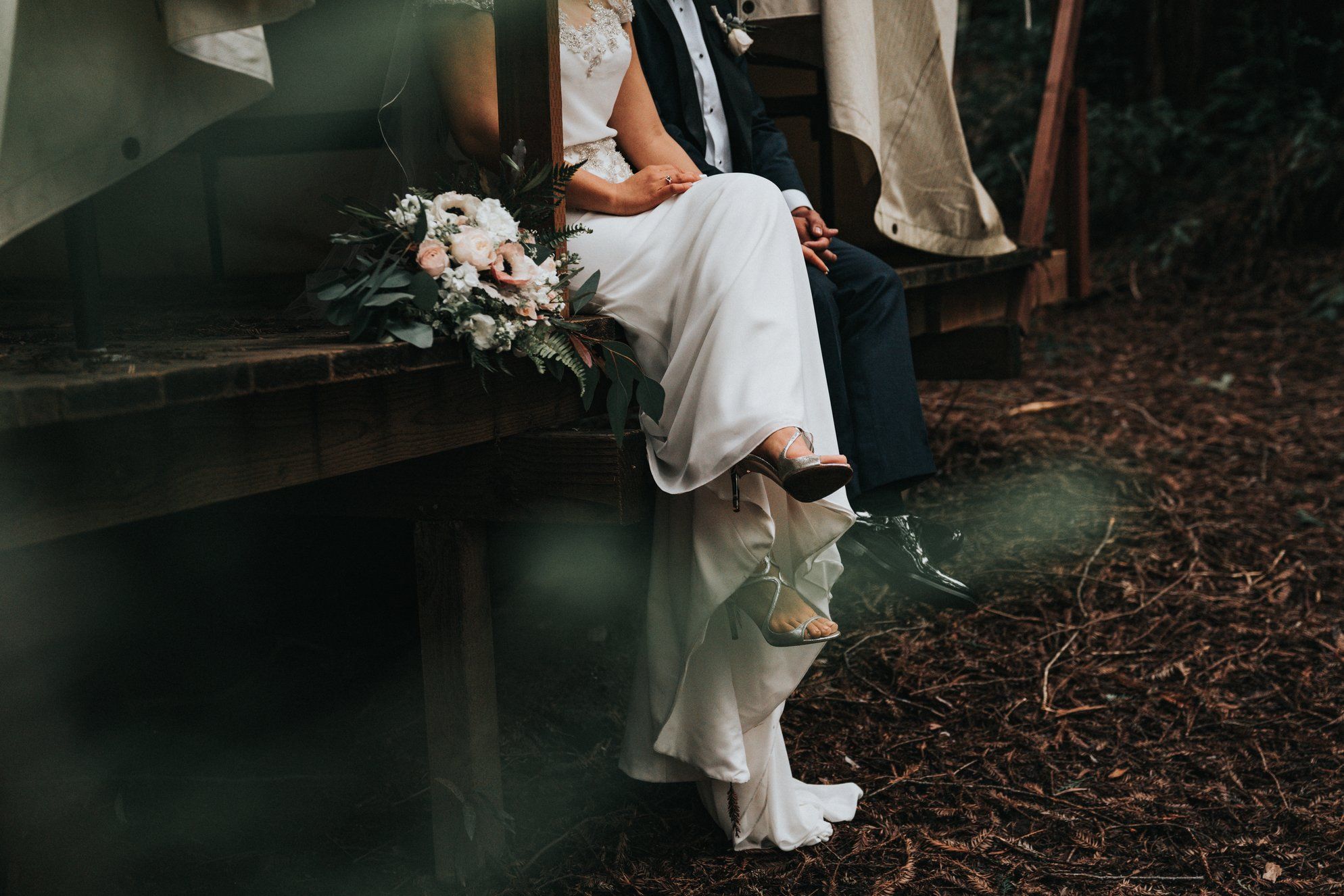Have an honest talk about it

You’re about to become fully intertwined with someone for the rest of your life—that means becoming radically honest with them about money; your history with it, your anxiety about it, your pride in it, and how you spend it. If you haven’t already had the “money talk” with your spouse-to-be, now’s the time.
When I first discussed a wedding budget with my now-husband, we started out with different priorities. I prized a unique wedding location, high-quality photos and video, and dresses for me and my bridesmaids. He valued great food, delegating day-of tasks, and for me to be happy. We both wanted to stay on-budget, and we ended up creating a new list of shared priorities that made us happy.
Wedding planning is a wonderful launchpad for marriage. Setting a budget with your partner will inspire a conversation about your values, your relationships with family and friends, and the compromises you’re willing to make.
See also: Appily Ever After: 10 Wedding Apps To Help Plan Your Big Day
Start a wedding fund, set a budget—then set an actual budget


